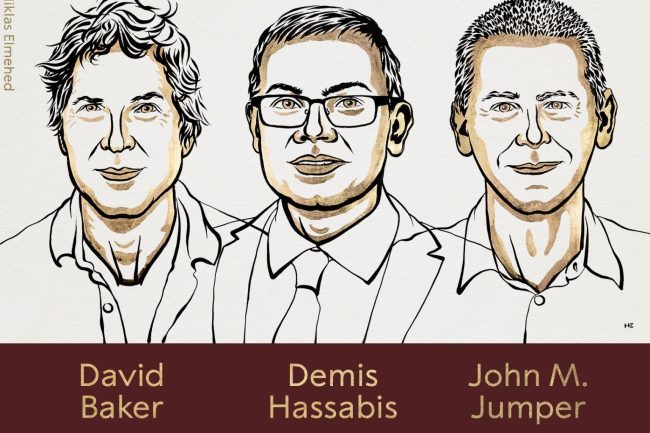Proteins are the workhorses of life, executing virtually every biological function on Earth. The human body alone is composed of about 100,000 unique proteins that enable us to think, see, move, and feel—facilitating every human experience. Yet, the proteins we know are just a minuscule fraction of what’s theoretically possible. There are an estimated 10500 unique proteins that could exist—a number so astronomical it dwarfs the number of stars in the observable universe, which is about 1024.
Each of these potential proteins possesses unique properties, some subtly different from others, and some with entirely novel functionalities. Unlike exploring distant stars, we don’t need rocket ships to discover these proteins. Advances in computational biology, chemistry, and biotechnology have empowered us to design and characterize any of these proteins in a matter of weeks and at a cost of around $100. This leads us to the pivotal challenge: How can we search through this vast protein universe to find those that meet our specific needs?
This is where the groundbreaking work of Dr. David Baker – one of this year’s Nobel Laureate in Chemistry – and collaborative scientific communities like RosettaCommons comes into play. RosettaCommons, founded by Dr. David Baker, is a consortium of research laboratories that develop software tools to that allow us to search through this vast protein universe. Their collective efforts have revolutionized our ability to navigate this vast protein universe. By developing sophisticated algorithms and tools, they’ve essentially created a”Google Search” for proteins, enabling us to find proteins with specific properties amid an astronomical search space.
